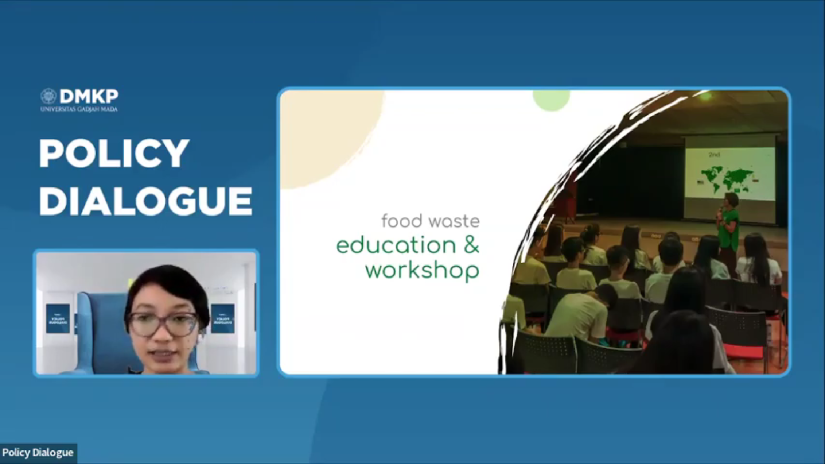
Yogyakarta, November 11th 2022—The Department of Public Policy and Management (DMKP) of FISIPOL UGM held another Policy Dialogue on Friday (11/22). This fourth policy dialogue series reviews sustainable economic policies within the framework of innovation and leadership. Titled Enforcing Environmental Policy for Sustainable Economic Development: Leadership and Policy Innovation, the webinar was attended by more than 50 participants and was held online via zoom and the YouTube channel of DMKP.
The economy is not only about reviewing financial numbers, but also how economic development is seen from the welfare figures of the domestic people. Especially with the geographical conditions of a country, of course, it will greatly affect national food security. This issue is the background for the formation of GGGI (Global Green Growth Institute). “GGGI’s main goal is to help developing countries to design sustainable economic strategies. We are not trying to intervene, but we are providing assistance to the government by listening to what they want,” explained Nobert Maass as Indonesia’s representative at GGGI.
The biggest economic potential for a maritime country like Indonesia is the utilization of water resources through the blue economy. Livita Sumali, a researcher at the United Nations Development Program said that it is important for the government to combine water policies with the blue economy. “In general, blue economy and green economy actually have almost the same definition, which is how we develop the economy without causing damage to our planet,” said Livita. She added in her explanation about AIS (Archipelagic and Island States Forum), this maritime development program also involved many innovators, including students.
Not only environmental issues, national food security is also a concern in this discussion. In general, developing countries have two main problems in terms of food, namely food shortages and food waste. “Indonesia is the 3rd largest country that contributes the most food waste. Why is this a concern for the environment? The accumulation of food waste produces methane compounds which can cause global warming, in an amount three times more than carbon dioxide,” explained Eva Bachtiar, founder of the Garda Pangan program
This policy discussion series is presented not only to provide general views on national issues but also to add insight for students to be more sensitive to the surrounding environment. The culture of today’s society is formed because of the characteristics of each individual member. So to change the culture, it must start from each other.
